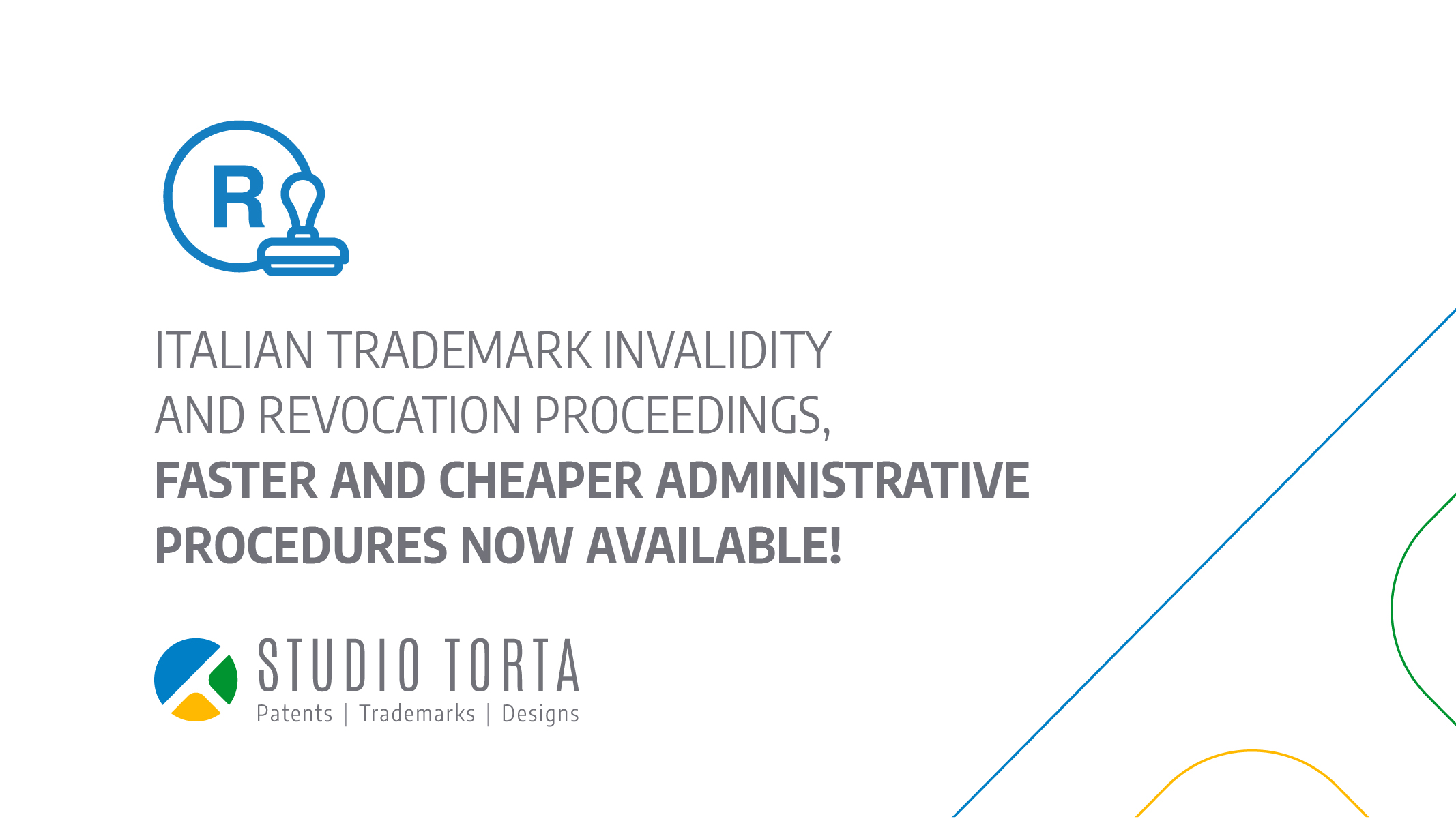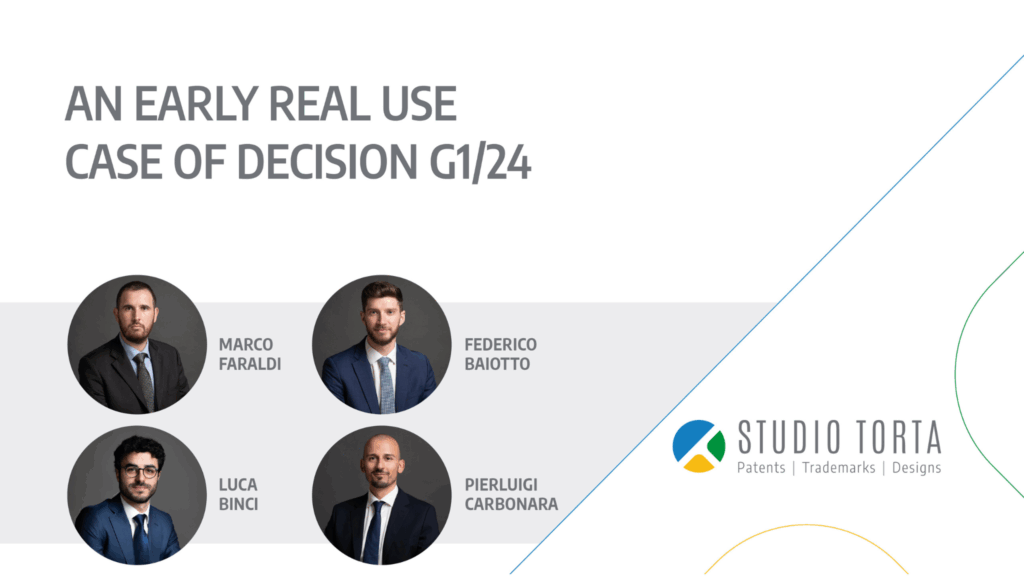Italian trademark invalidity and revocation proceedings, faster and cheaper administrative procedures now available!
The administrative action for invalidity or revocation of registered trademarks before the Italian Patent and Trademark Office (UIBM) will soon come into force.
The exact date has not yet been announced but, certainly, it will be within 14 January 2023 as set by EU Directive 2015/2436.
From that date onwards, two routes will be possible to invalidate or revoke a registered trademark: the already existing legal action will be flaked by the much faster and cheaper administrative action, similarly to what has already been happening for years at European level. Any already registered Italian trademark or granted Italian designation of international registrations could be challenged through these new administrative actions.
I. The grounds
The invalidity action may be brought against signs that are:
- devoid of distinctive character (Article 13 (1) (a) and (b) (2) and (3), Italian IP Code (CPI);
- deceptive (Article 14 (1) (a) and (b) CPI);
- excluded from registration in accordance with the legislation of the European Union, or of the State, or of relevant international agreements to which the European Union or the State is a party, relating to the protection of PDOs and GIs, traditional terms for wines, traditional specialities guaranteed, plant variety names (Art. 14 (1) (c bis), (c ter), (c quarter) and (c quinquies) CPI);
- identical or similar to a trade mark already registered by a third party for identical or similar goods/services if, due to the identity/similarity of the signs and the identity/similarity of the goods/services, there exists a likelihood of confusion which may also consist of a likelihood of association (Art. 12 (1) (c) and (d) CPI);
- identical or similar to a trade mark already registered by a third party for identical or similar or even not similar goods/services, where the earlier trade mark has a reputation and where the use of the later trade mark without due cause would take unfair advantage of, or be detrimental to, the distinctive character or repute of the earlier trademark (Art. 12 (1) (e) CPI)
- identical or similar to a trade mark already well-known within the meaning of Article 6bis of the Paris Convention (Art. 12 (1) (f) CPI)
- filed by the agent/representative of the trademark owner without his consent or justifiable reasons (art. 184 bis CPI).
Please note that:
- Although Italy provides with prior rights acquired through use (upon certain conditions), the invalidity action cannot be based on those rights or on any other signs used in the course of trade or on other prior rights such as for example right to a name, image, copyright.
- Bad faith is also excluded as ground for the administrative proceeding, while it will of course continue to be a valid ground for legal action.
When it comes to revocation action, the proceeding could be grounded on the following:
- Lack of use (art. 24 CPI);
- Trademark becoming a common name (Art. 13 (4) CPI);
- Trademark becoming misleading (art. 14 (2) (a) CPI);
II. The procedure
The Office’s means of communication to notify the filing of an invalidity or revocation actions are not completely clear yet.
- However, it should be considered that, when an Italian representative is not registered before the Italian Patent and Trademark office as address for services, regardless of the challenged trademark is a national or an Italian designation of an international registration, the Office would notify the proposed invalidity or the revocation action directly the Trademark Owner.
As for the procedure, it is rather simple and in any case, similar to the one already in place at the EUIPO.
The key difference is that a cooling-off period is provided to allow for negotiations between the parties. In fact, after the filing of the application, there will be a formal examination by the Office followed by an adversarial stage between the parties with the filing of deeds. Based on the parties’ arguments the Office will take a decision that can be appealed before the Board of Appeals in the following two months.
In total, the proceedings are expected to last no longer than 24 months, subject to any suspension periods that may be requested at any time at the joint request of the parties.
Our team of Attorneys will be glad to provide you with any information you may need!




